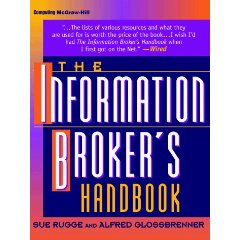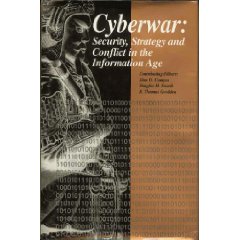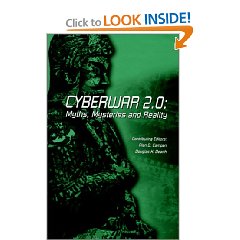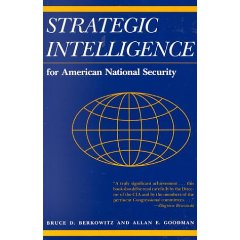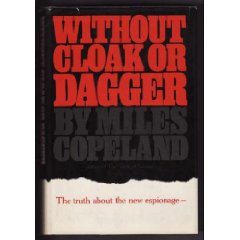Review: Cyberwar–Security, Strategy, and Conflict in the Information Age
5 Star, Asymmetric, Cyber, Hacking, Odd War, Information Operations, Strategy, War & Face of BattleReview: Cyberwar 2.0–Myths, Mysteries & Reality
5 Star, Asymmetric, Cyber, Hacking, Odd War, Information OperationsReview: War in the Age of Intelligent Machines
3 Star, Information Operations, Information Technology, War & Face of BattleA very early and largely academic-historical-philosophical discussion of the changing nature of the relationships between humans, computers, and war. Written prior to the Silicon Valley explosion, and thus still very concerned about the military dominance of information technology. A good alternative overview.

Review: Strategic Intelligence for American National Security: (Paperback with new afterword)
4 Star, Intelligence (Government/Secret)Review: Strategic Intelligence & Statecraft–Selected Essays (Brassey’s Intelligence and National Security Library)
5 Star, Diplomacy, Intelligence (Government/Secret), Intelligence (Public)Review: Without Cloak or Dagger –The truth about the new espionage
5 Star, Intelligence (Government/Secret)To his credit, Copeland understood very early on that the spy world was missing out on what is known today as Open Source Intelligence (see my own book, “The New Craft of Intelligence” or view the 30,000 free pages at OSS.Net). The description on pages 41-42 (of the original hard-cover version) of how “Mother” concocted an entire network and got the head of Secret Intelligence to agree its production was worth $100,000 a year (big money in 1946), only to reveal that his source was actually five issues of The New York Times “demonstrated not only the naiveté of our nation's only existing group of espionage specialists but the value of ordinary New York Times reporting on matters regarded as being of high-priority intelligence interest.” Nothing has changed in 50 years. We still need our spies, but they need to be a bit more serious, a bit less white, a lot older, and much more focused. We lack–we need–men of the caliber of Dulles and Copeland today.

